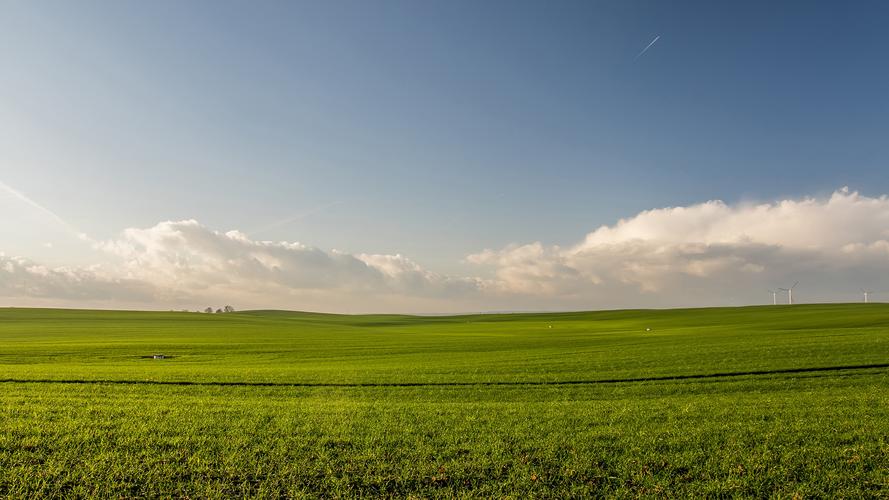Religion has always been an integral part of human culture, and every country has a unique set of religious and spiritual practices that are followed by the majority of its people. These practices vary from region to region and often reflect the history and culture of the region.
In India, for example, Hinduism is the predominant religion, and the country is known for its rich traditions and customs. People in India worship many gods and goddesses, with festivals and rituals being an essential part of their practices. One of the most famous festivals celebrated in India is Diwali, which is the festival of lights.
Similarly, in the Middle East, Islam is the main religion, and most people follow the teachings of the Quran. The holiest site in Islam is the Kaaba, a cube-shaped building located in Mecca, which Muslims visit during the annual pilgrimage known as Hajj.
In Japan, Buddhism is the most popular religion, and it has a significant influence on the country’s culture and customs. People in Japan often follow the philosophy of Zen Buddhism, which emphasizes mindfulness and meditation.
Christianity, which originated in the Middle East, is practiced worldwide, with different countries and regions having their own unique practices. For example, in South America, many people practice a form of Christianity called Catholicism, which has its own set of customs and traditions.
Overall, religious and spiritual practices play an essential role in shaping people’s beliefs, values, and way of life. Regardless of where one is in the world, chances are they will encounter religious or spiritual practices that are unique to the region, providing a glimpse into the history and culture of the area.
(Note: Do you have knowledge or insights to share? Unlock new opportunities and expand your reach by joining our authors team. Click Registration to join us and share your expertise with our readers.)
Speech tips:
Please note that any statements involving politics will not be approved.
